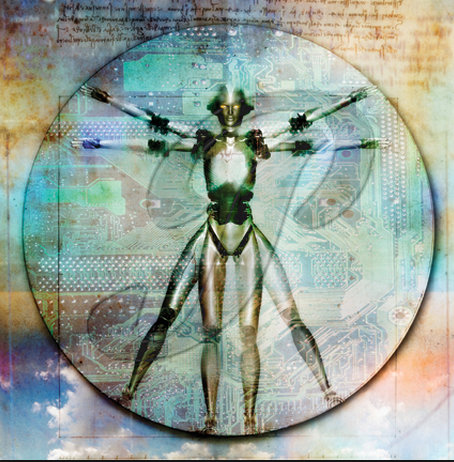Humanity in the 21st Century and Beyond
Section outline
-
 Humanity in the 21st Century and Beyond
Humanity in the 21st Century and Beyond
Welcome to Humanity in the 21st Century and Beyond. You are joining learners from all over the world who are currently enrolled in the course. We are excited to have you in the class and look forward to your contributions to the learning community. Each of you brings to this course your own unique background, perspective and skills and as such are a vital resource to the learning community. We encourage you to openly share your persepctive with others throughout the coming weeks.
Welcome to the course
To get started, we recommend taking a few minutes to explore the course site. Be sure to introduce yourself to everyone in the Meet and Greet forum. Learning with and from each other is a very important part of the course. We have also included a "coffee shop" forum for general interest discussions that may arise out of the weekly topics or other issues which may not be covered in the course. Please refer to the handbook for the guide to forum ettiquette.
If you have questions about course content, please post them in the forums to get help from others in the course community. For technical problems, alert your tutors in the Help Desk forum.
We hope you will develop some lasting engagements with colleagues beyond the course and we would encourage you to join groups on the pages we have created on various social media platforms. These can be accessed here or through our website, Education for World Futures.
Good luck as you get started, and we hope you enjoy the course!
Introduction
We humans (Homo sapiens; wise human) emerged around 200,000 years ago. For most of this time we lived relatively stable lives as hunter gatherers with little impact on our environment. But in just a few centuries, a tiny fraction of world time, we have made phenomenal progress in technologies and economies and undergone massive change in social organisations and world views. We now have the power and propensity to change our host planet, its climate, its life forms and indeed humanity itself for better or for worse. How did we humans get to this stage, what does it mean to live in the 21st century and, above all, how can we live our lives and contribute to our communities to promote human wellbeing in a sustainable world? These are the central concerns of Humanity in the 21st Century and Beyond.
Professor Bruce our course convener, who will be delivering many of the lectures in this course, presented at talk through TEDX Perth in 2014. This we hope will give an insight of our purpose at Education for World Futures and inspire you to really engage with the course material and each other
Aims of the CourseAt the conclusion of the course, participants should:
- Elevate one’s understanding of human biological and cultural origins and how these relate to our present condition, worldviews and future
- Recgnise that sustainability must now be a crucial component of all future planning and includes: social sustainability (human wellbeing), environmental sustainability (our biosphere), economic sustainability ( our means of wealth making and distribution) and governance (how we organise and manage social relations and interactions)
- Reflect on one’s capacity for futures thinking through familiarity with organisations with an exemplary approach to human wellbeing and environmental health
- Consider further education and action to help shape desirable human and world futures
